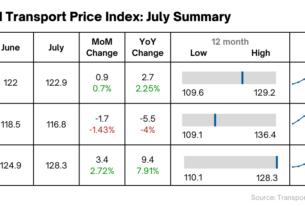Lack of passengers and investments have left regional lines in the past.
The British railways are bad. It is more likely to bet on your train being delayed than on time. It is not surprising passengers’ satisfaction levels have fallen sharply as train operators struggle to keep up with the increased demand. There are many reasons behind the failure of train system in the UK. For once, dividing the network and giving it to multiple operators made it inefficient and full of companies that do not take responsibility about anything. The idea to create a better market by opening it up was good on paper but has been executed in a way that meant the total decapitation of good train journeys. Those that suffer the most are regional train lines that once were the backbone of many communities.
Whilst major train routes receive funding it is no wonder smaller regional lines are somehow forgotten. Passenger numbers have dropped significantly and most routes are inefficient and subsidised by the government. Regional lines are always under the threat of being closed down and turn into a new housing or office development and it is not hard to see why.
Lets take the Abbey Line, a regional train line from Watford to St Albans. As most lines of its type it has a single track that allows just one train at a time. This means passengers have to be either very patient or arrive at the station on time else they will be forced to wait 45 minutes. When the train breaks down there is no other available so the line is subject to regular cancellations. The 15 minutes journey costs more that the commute to London from Watford which adds to all the other disadvantages.
So why not just close it down?
Running lines like the Abbey line is costly and brings no financial positives so naturally the best solution would be to close them down. But just because such regional lines are in bad condition now doesn’t mean they have no future. With the increase in pollution regional lines could be a vital tool in creating safer and better connected communities. It is not the existence of the line that should be questioned but how it is operated.
Currently, regional lines are operated as if they are a profitable part of the network which they are not. There is no reason for anyone to pretend so. It would be better if companies and authorities agree regional lines need more unconventional management like special types of trains to make journeys more effective and fewer traincrew to lower the running cost.
The thing regional lines need is more investment. It is always nicer to put a lot of money in a glamorous project than to invest in a local train route. The latter, however, may bring more economic benefits and connect disadvantage communities bringing prosperity. In the case of the Abbey line one train is not enough so a way to increase that is a good step forward.
#UK #railways


